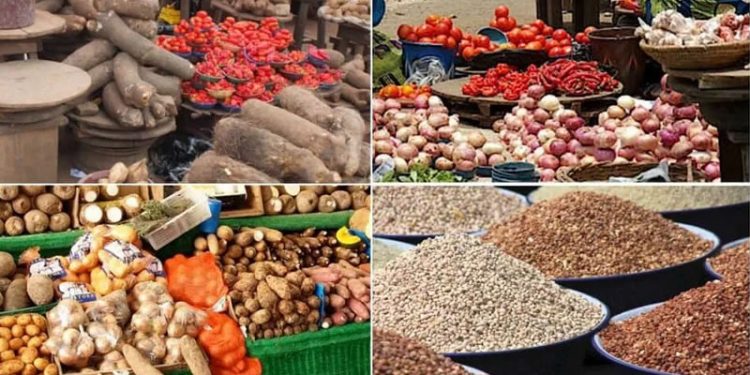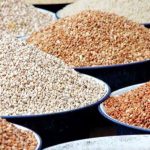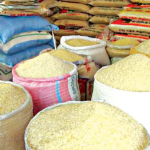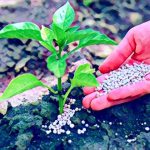As food prices soar across Nigeria, farm input dealers are reporting booming sales of fertilizers, herbicides, pesticides, and seeds, driven by a surge in farming activities nationwide. Food inflation reached 39.84% in December 2024, up from 33.93% in December 2023, according to the National Bureau of Statistics (NBS).
The sharp rise in food costs has incentivized many Nigerians to venture into farming, creating higher demand for agricultural inputs. “The continuous surge in food prices is making farming attractive,” said Ezekiel Opekunle, an agro-allied dealer in North-West Nigeria. Opekunle noted a 40% increase in input sales since mid-2024, with many farmers now paying upfront or immediately after harvest due to lucrative market opportunities.
In the past, high input costs constrained farmers’ profits, but record food prices have reversed this trend, making agriculture more profitable. For instance, cocoa farmers in Taraba State are investing heavily in inputs, with cocoa prices reaching nearly N15 million per ton last year.
While demand is rising, input supply faces significant challenges. Naira devaluation has driven up import costs, forcing some agro-dealers out of business. Kabiru Fara, President of the Agro Inputs Dealers Association, explained that the cost of importing a 40-foot container of inputs rose from N6 million in early 2023 to N25 million in 2024.
This has led to sharp price hikes:
– Fertiliser prices surged by an average of 270% in 2024, with NPK and urea blends increasing by 168%.
– Prices of seeds for staple crops like rice, maize, tomato, and pepper more than doubled.
– Herbicides and pesticides saw a 119% average price increase over the past year.
Despite these costs, rising food prices continue to attract farmers. “The demand is massive because farmers now see economic value in cultivating more,” Fara added.
The high cost of food serves as an economic incentive for farmers to expand production and improve yields. “Farmers who previously avoided herbicides and pesticides for tree crops are now investing in them to ensure better harvests,” said Isah Mohammed, an agro-dealer in North-Central Nigeria.
With higher food prices creating robust market opportunities, many Nigerian farmers and agro-dealers are thriving, even as supply chain challenges persist.










